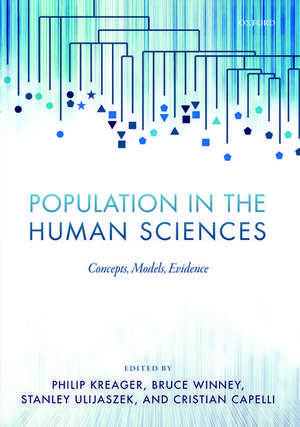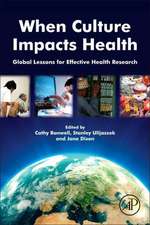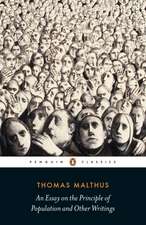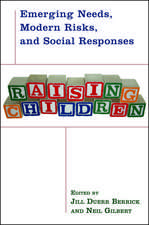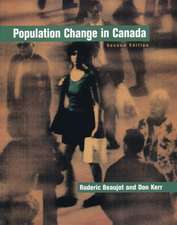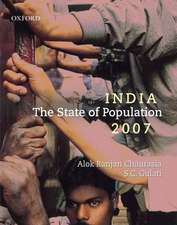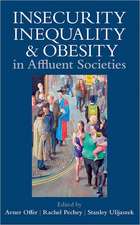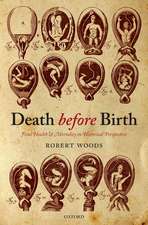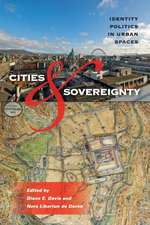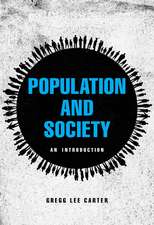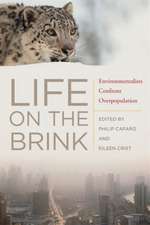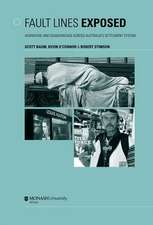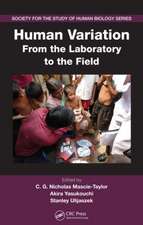Population in the Human Sciences: Concepts, Models, Evidence
Editat de Philip Kreager, Bruce Winney, Stanley Ulijaszek, Cristian Capellien Limba Engleză Hardback – 5 mar 2015
Preț: 626.22 lei
Preț vechi: 887.54 lei
-29% Nou
Puncte Express: 939
Preț estimativ în valută:
119.84€ • 124.66$ • 98.94£
119.84€ • 124.66$ • 98.94£
Carte tipărită la comandă
Livrare economică 03-09 aprilie
Preluare comenzi: 021 569.72.76
Specificații
ISBN-13: 9780199688203
ISBN-10: 0199688206
Pagini: 628
Ilustrații: 96 Figures and 58 Tables
Dimensiuni: 182 x 253 x 40 mm
Greutate: 1.25 kg
Editura: OUP OXFORD
Colecția OUP Oxford
Locul publicării:Oxford, United Kingdom
ISBN-10: 0199688206
Pagini: 628
Ilustrații: 96 Figures and 58 Tables
Dimensiuni: 182 x 253 x 40 mm
Greutate: 1.25 kg
Editura: OUP OXFORD
Colecția OUP Oxford
Locul publicării:Oxford, United Kingdom
Recenzii
Ultimately, philosophically inclined readers and historians of science may get the most out of this book, as it offers a panoramic view of the of human sciences.
Notă biografică
Philip Kreager is an anthropological demographer and historian of population thought and analysis. He is Senior Research Fellow in Human Sciences, Somerville College; Director, Fertility and Reproductive Studies Group, School of Anthropology; Lecturer and Tutor in Population, Institute of Human Sciences; and Senior Research Fellow, Institute of Population Ageing, Oxford University. He currently co-directs an exploratory anthropological and demographic study of problems of malaria treatment in the eastern archipelago of Indonesia. During 1999-2007 he directed Ageing in Indonesia, a multi-site longitudinal study of ageing in three Indonesian Communities, supported by the Welcome Trust. This work has led to continuing collaboration with the University of Indonesia, where he is Honorary Professor. Dr Kreager has a primary interest in the history of population thought, particularly as a common ground of theory and analysis linking the biological and social sciences.
